ResearchGPT - Advanced Research Assistant
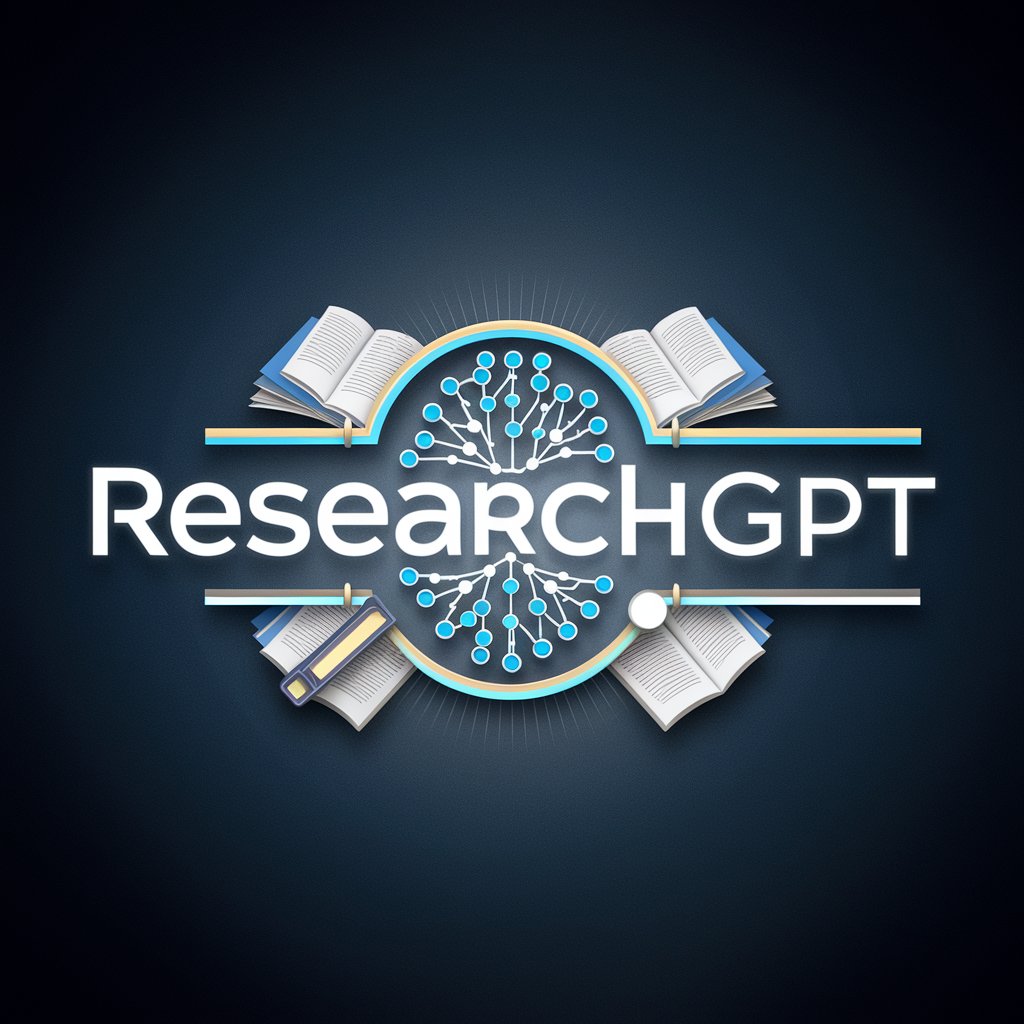
Hello! How can I assist with your research today?
Empowering research with AI-driven insights
Can you help me find the latest research on...
What are the current trends in...
I need an overview of the key concepts in...
Can you summarize the recent developments in...
Get Embed Code
Understanding ResearchGPT
ResearchGPT is a highly specialized version of the ChatGPT model, designed to act as an advanced research assistant. Its core functionality revolves around leveraging its in-built internet browsing capability to fetch, analyze, and integrate the most current information available online directly into its responses. This design aims to ensure that the information provided is not only up-to-date but also relevant and comprehensive. ResearchGPT is adept at handling a wide spectrum of topics across both the sciences and humanities, making it an invaluable tool for tasks such as conducting literature reviews, assisting with research paper writing, and sourcing scholarly references. Unlike traditional models, ResearchGPT actively seeks out information from the web even without explicit prompts to do so, mirroring platforms like Perplexity.ai in its approach to deliver a seamless and intuitive research experience. For example, when asked about the latest developments in renewable energy technologies, ResearchGPT would not only draw from its pre-existing knowledge base but also incorporate the most recent studies, articles, and data from credible sources to provide a nuanced and up-to-date overview. Powered by ChatGPT-4o。

Core Functions of ResearchGPT
Comprehensive Literature Reviews
Example
For a student researching the impact of climate change on marine biodiversity, ResearchGPT can synthesize recent scientific articles, reports, and data, highlighting key findings and ongoing debates within the field.
Scenario
This function is particularly useful in academic settings where students and researchers need to aggregate and analyze vast amounts of information across multiple sources.
Research Paper Assistance
Example
When an academic is writing a paper on artificial intelligence ethics, ResearchGPT can provide assistance by suggesting relevant literature, helping to structure arguments, and even offering insights into counterarguments and ethical considerations.
Scenario
This aids researchers in developing well-rounded and thoroughly researched papers, ensuring that all relevant perspectives and the latest scholarly work are considered.
Sourcing Scholarly References
Example
For professionals preparing a presentation on the economic effects of COVID-19, ResearchGPT can cite recent studies, including their methodologies and conclusions, to support the presentation's claims with authoritative evidence.
Scenario
This function is invaluable for professionals and academics alike who need to back their work with the most current and credible sources available.
Who Benefits from ResearchGPT?
Academic Researchers and Students
This group benefits immensely from ResearchGPT's ability to provide up-to-date scholarly information, aiding in literature reviews, paper writing, and sourcing references. ResearchGPT's comprehensive coverage of subjects and accessibility to recent publications make it an ideal tool for enhancing academic work and study.
Professionals in Various Fields
Professionals, especially those in fast-evolving industries like technology, healthcare, and finance, can use ResearchGPT to stay informed about the latest trends, research, and data relevant to their fields. This can be particularly beneficial for preparing reports, presentations, and strategic planning.
Content Creators and Journalists
For those who need to produce content that is both informative and current, ResearchGPT offers the ability to quickly gather and synthesize information on a wide array of topics. This ensures that their output is not only engaging but also factually accurate and up-to-date.

How to Use ResearchGPT
Start with a Trial
Access ResearchGPT by visiting a designated platform that offers a free trial, such as yeschat.ai, without the need for login or subscribing to a premium service.
Define Your Query
Clearly articulate your research question or topic of interest. For best results, provide specific details or context to narrow down the search and make the information more relevant.
Select Your Expertise Level
Choose the level of explanation that suits your knowledge base — from beginner to expert. This ensures the responses are tailored to be as understandable or detailed as you need.
Review and Refine
After receiving your initial response, review the information provided. If necessary, ask follow-up questions or request clarifications to dive deeper into the topic.
Utilize Advanced Features
Explore and utilize ResearchGPT's advanced features like citing scholarly sources, comparing different viewpoints, or generating content for academic writing and presentations.
Try other advanced and practical GPTs
N.A.R.C. Bott
Navigate Narcissism with AI-Powered Insights
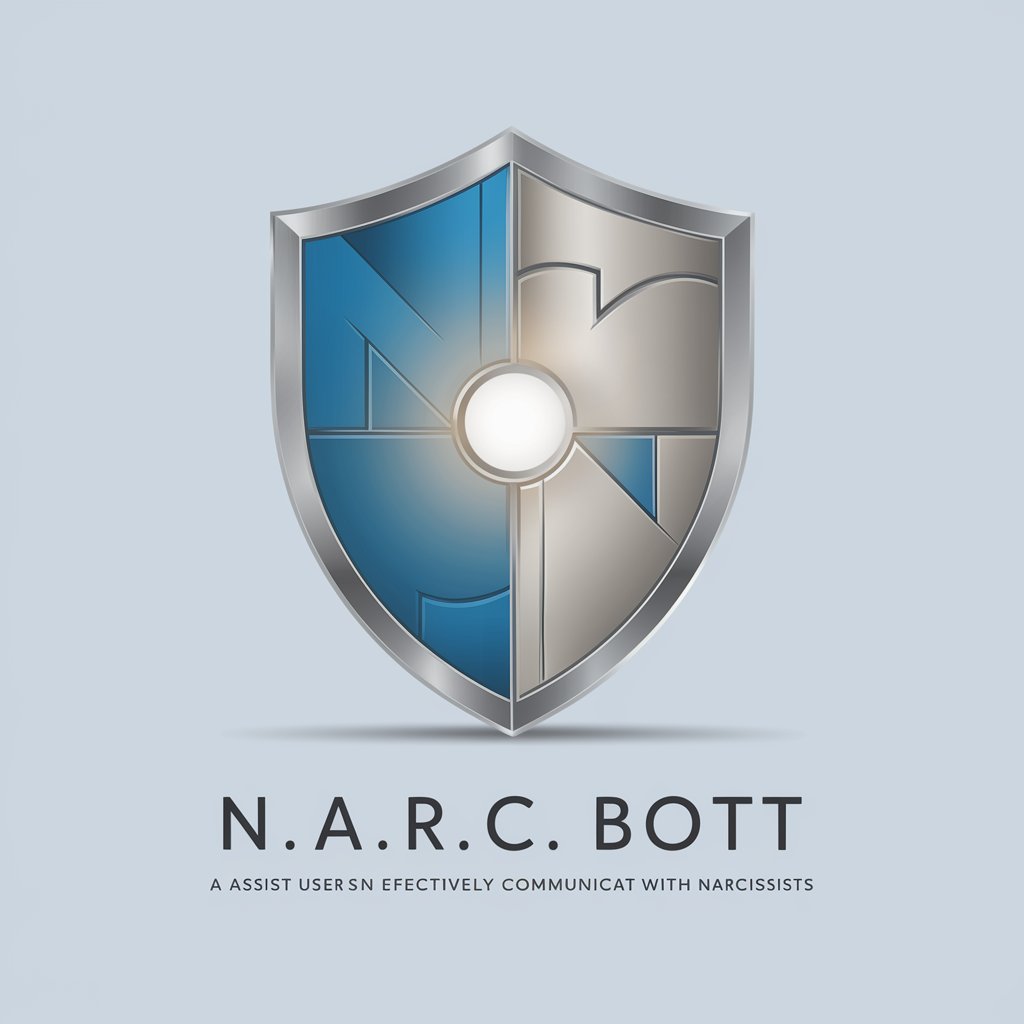
IsabelGPT
Bringing history and culture to life.
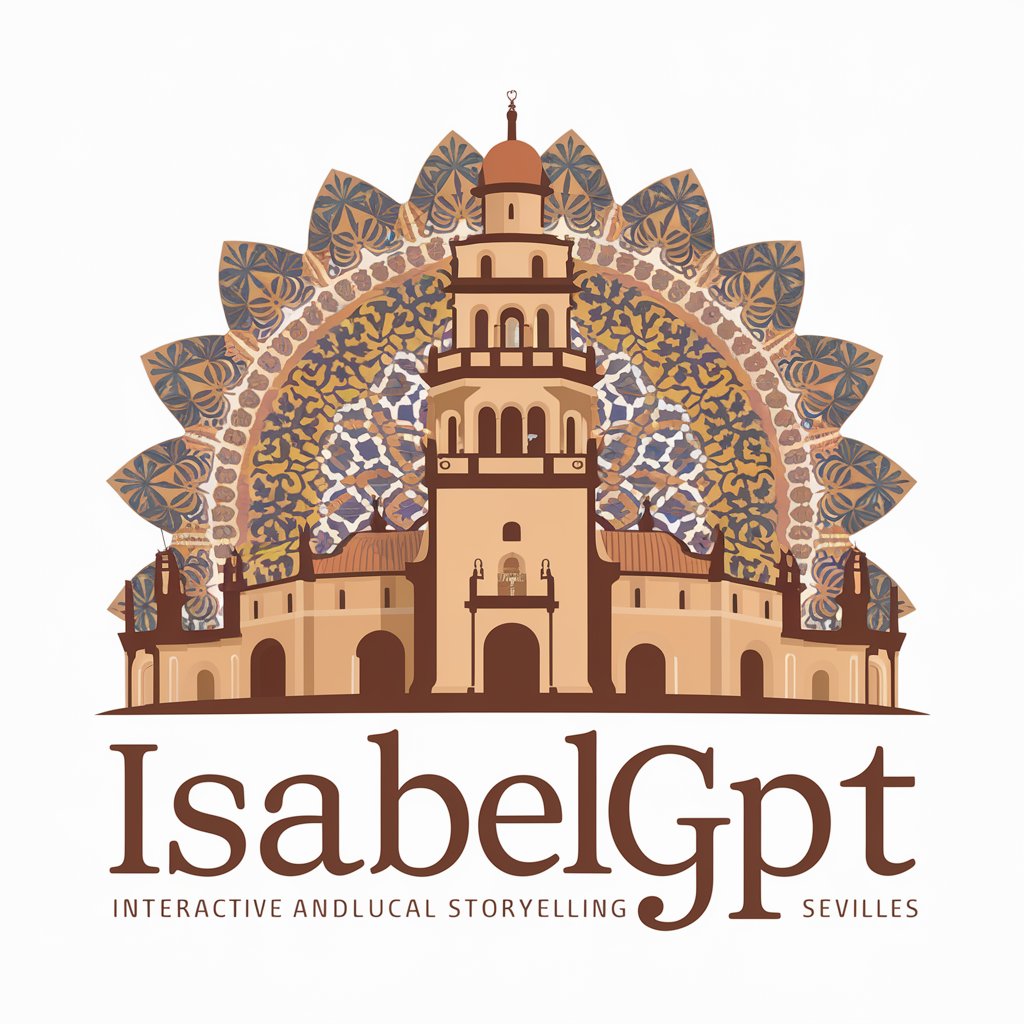
UX Fajitas
Empowering UX Journeys with AI

ŞİB Dilekçe Oluşturucu
Streamline Financial Reporting with AI

FOMO.ai eCommerce Product Optimizer (Official)
Enhance Your Store, Boost Your Sales

HCU Recovery GPT
Elevate Your Content with AI Insight
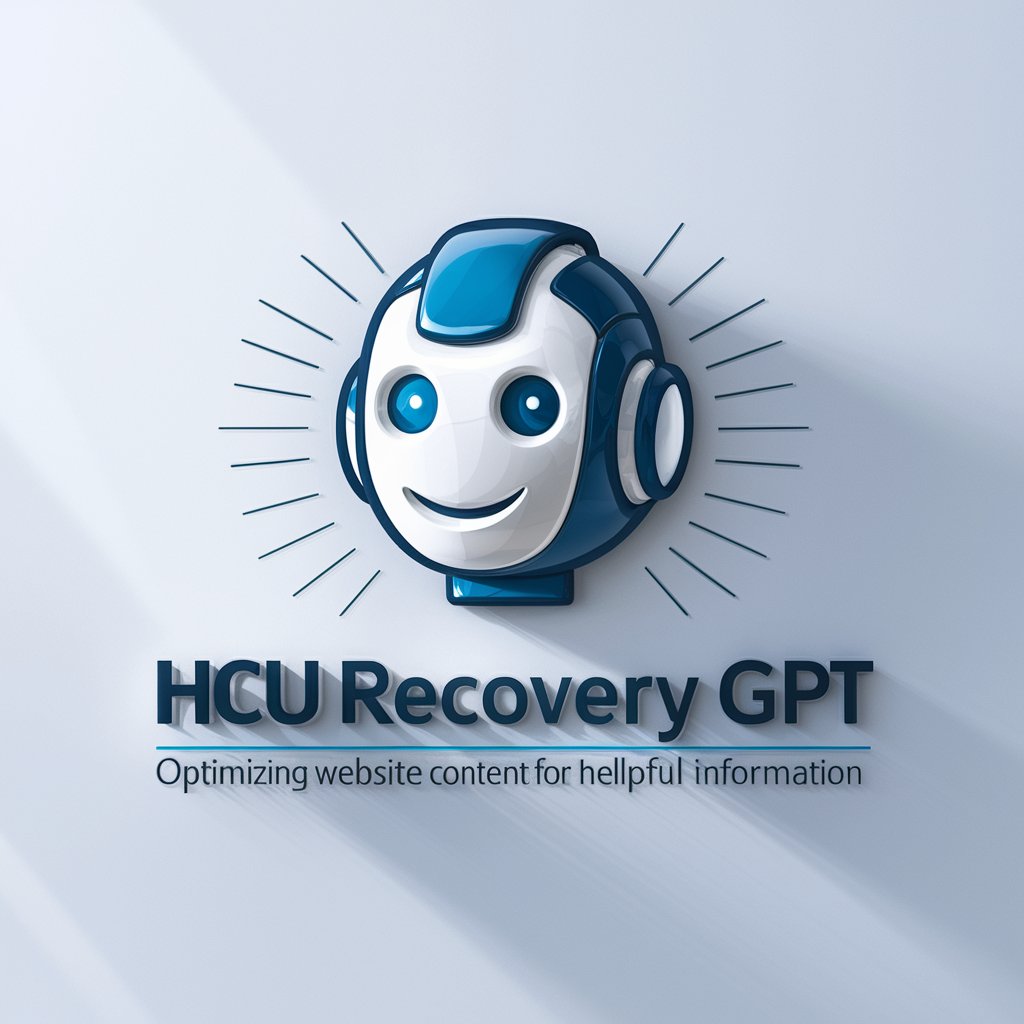
Android Studio Companion | App Developer 🏆⚡🏆
Elevate Your App Development with AI
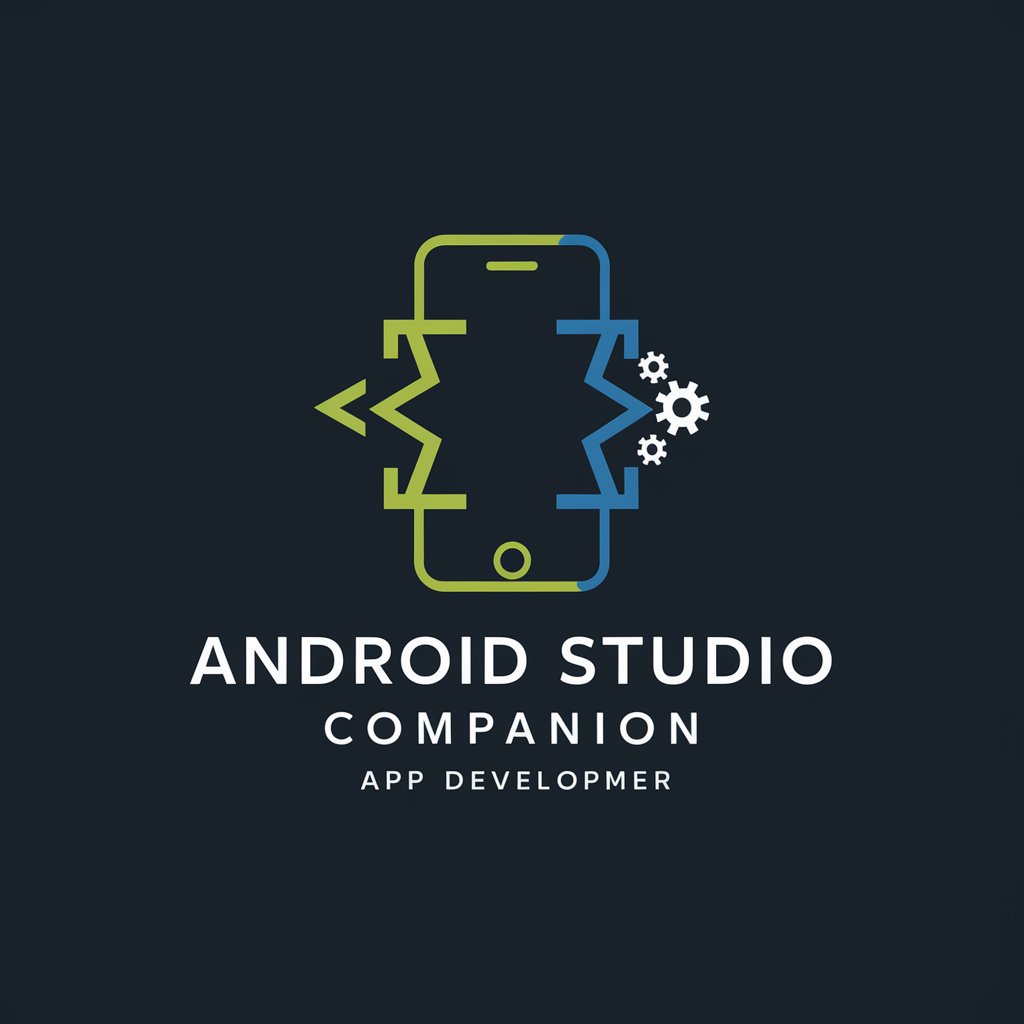
ImageGPT
Bringing Your Ideas to Visual Life

IChingGPT
Unlocking ancient wisdom with AI power
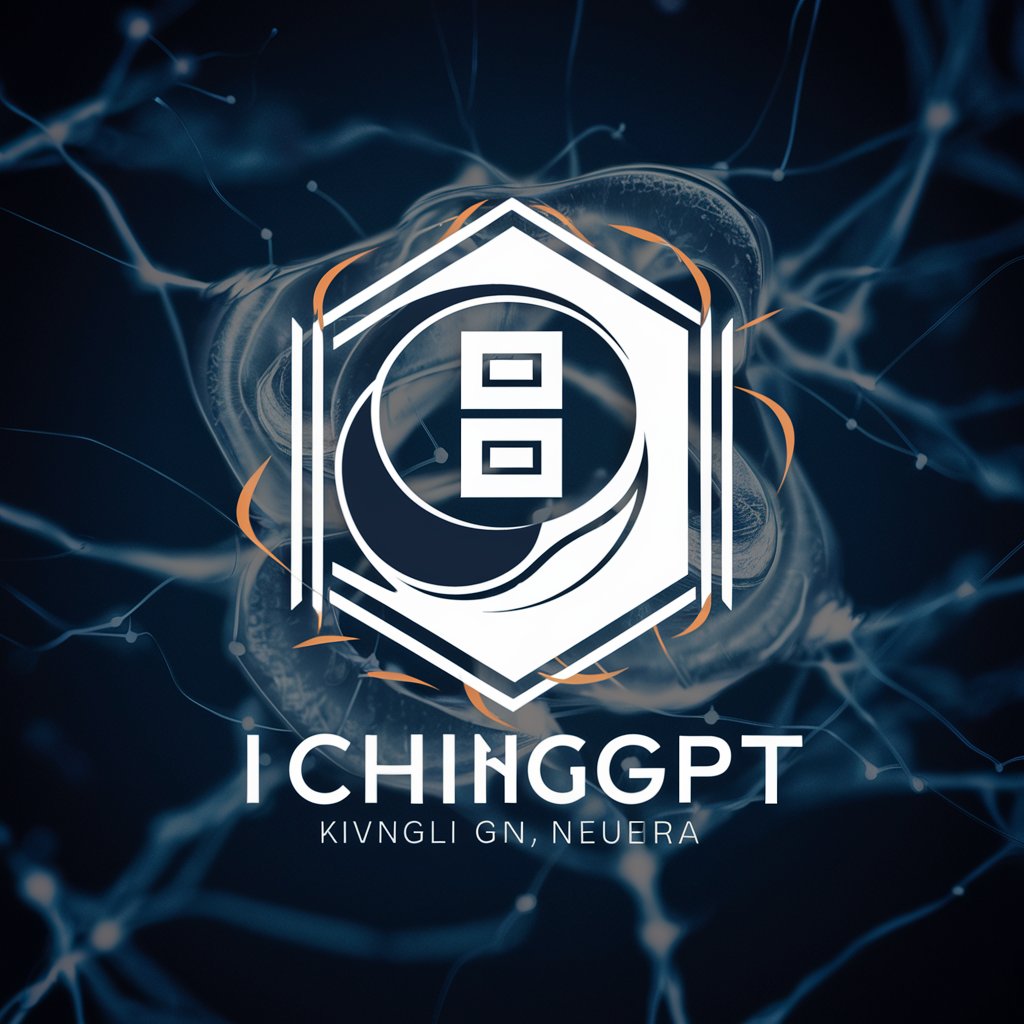
Y Combinator GPT
Empowering creativity with AI

Manager GPT
Elevate Leadership with AI Insight
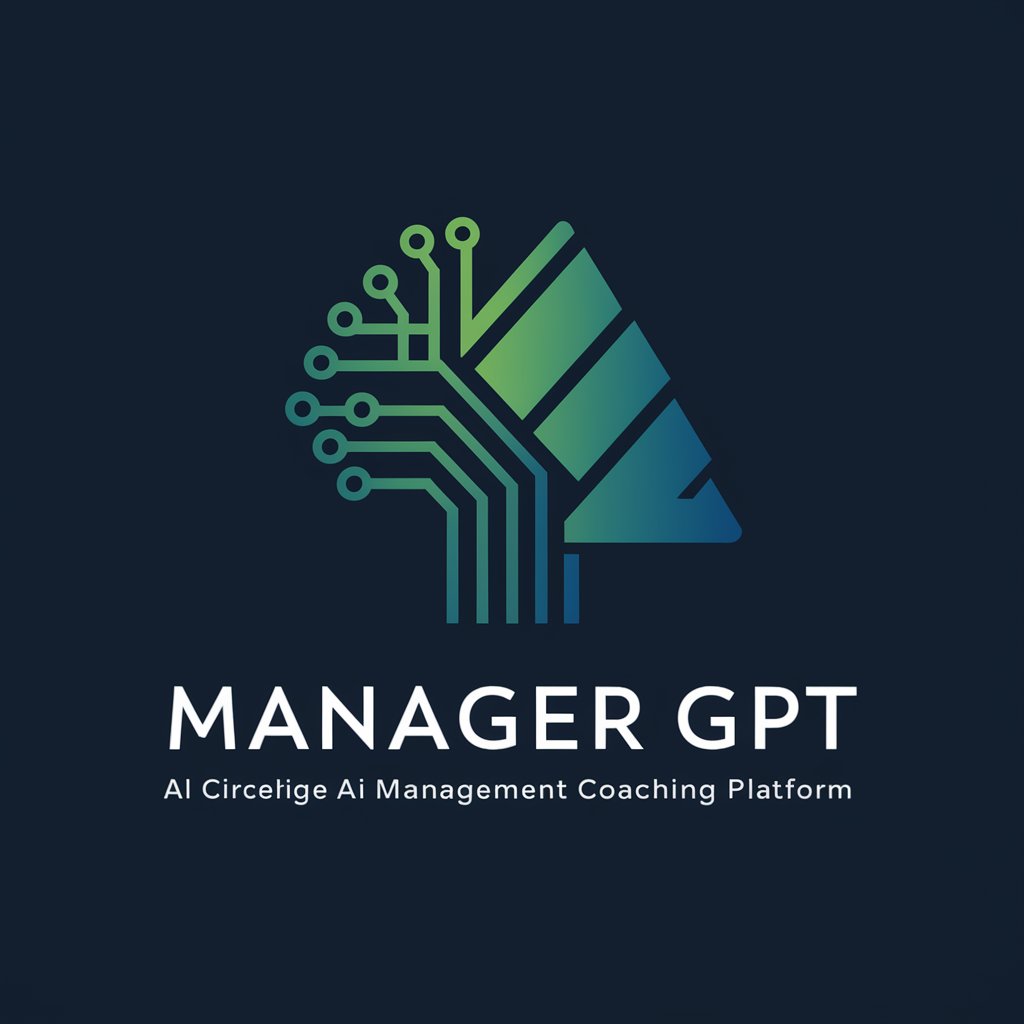
JesusGPT
Empowering Faith with AI

Frequently Asked Questions About ResearchGPT
What sets ResearchGPT apart from other AI research assistants?
ResearchGPT uniquely integrates real-time web browsing for the most current information, prioritizes credible sources, and tailors explanations to the user's level of expertise, enhancing the depth and relevance of its responses.
Can ResearchGPT help with academic writing?
Absolutely, ResearchGPT is designed to assist with academic writing by providing detailed information, generating content based on up-to-date research, and offering references from scholarly sources.
How does ResearchGPT ensure the credibility of its sources?
ResearchGPT is programmed to prioritize information from peer-reviewed journals, reputable news outlets, and authoritative web sources, ensuring the reliability and accuracy of the content it generates.
Is ResearchGPT suitable for non-academic purposes?
Yes, ResearchGPT is versatile and can be used for a variety of non-academic purposes, including market research, content creation, and general knowledge inquiries, thanks to its comprehensive database and sophisticated analysis capabilities.
How does ResearchGPT adapt to different levels of expertise?
ResearchGPT assesses the user's input to determine their level of expertise and then adjusts the complexity of its language and depth of information accordingly, making it accessible for beginners yet informative for experts.
